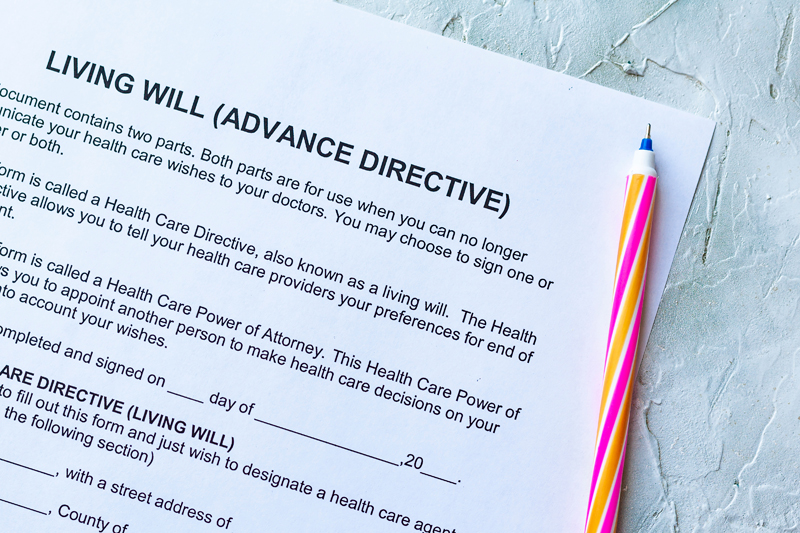
Understanding the Difference: Will vs. Living Will

When it comes to planning for the future, two documents are often mentioned: a will and a living will. Though their names are similar, they serve very different purposes. It’s crucial for everyone to understand these differences to ensure your wishes are respected both in life and after you’re gone. Let’s break down what each document is and why both are essential components of a comprehensive estate plan.
What is a Will?
A will, often referred to as a “last will and testament,” is a legal document that outlines your wishes regarding the distribution of your assets and the care of any minor children after your death. It becomes active only upon your death and covers key decisions such as:
– Who will inherit your assets: This includes money, property, and personal items.
– Who will be the executor: The person you choose to carry out your wishes as outlined in your will.
– Who will be the guardian of minor children: If you have children under 18, you can specify who you want to take care of them.
A will is your voice after you’re gone, ensuring your assets are distributed according to your wishes and that your children are cared for by someone you trust.
What is a Living Will?
A living will, on the other hand, is entirely about your wishes for medical treatment if you become unable to communicate those wishes yourself. It’s sometimes called an “advance directive” and comes into play while you’re still alive but incapacitated. Key aspects covered by a living will include:
– Life-prolonging medical care: Whether you want treatments that could extend your life, even if you have a terminal illness or are permanently unconscious.
– End-of-life care: Specifies your wishes regarding pain management, organ donation, and other treatments.
A living will speaks for you when you can’t speak for yourself, ensuring your healthcare preferences are known and respected.
Key Differences
– Activation: A will takes effect after your death, while a living will is only in use during your lifetime under specific circumstances.
– Purpose: A will deals with the distribution of your assets and care for minor children. A living will focuses on your healthcare preferences.
– Control: Both documents give you control over different aspects of your life and death, ensuring your wishes are followed.
Why You Need Both
Having both a will and a living will ensures comprehensive coverage of your wishes for both your assets and your health. It’s about taking control of your future, providing peace of mind to you and clarity to your loved ones. Without these documents, state laws and courts could determine what happens to your assets and make critical health care decisions on your behalf, potentially in ways you would not have chosen.
Conclusion
While thinking about these topics can be uncomfortable, creating a will and a living will are acts of love and responsibility. They ensure your wishes are known and respected, and they can significantly ease the burden on your loved ones during difficult times. Estate planning, including drafting a will and a living will, is for everyone — not just the elderly or the wealthy. It’s about securing your legacy and your dignity, no matter what the future holds.
For personalized guidance on creating these essential documents, consider reaching out to a legal professional who specializes in estate planning. They can help navigate the complex landscape of estate law, ensuring that your wishes are clearly articulated and legally binding.
